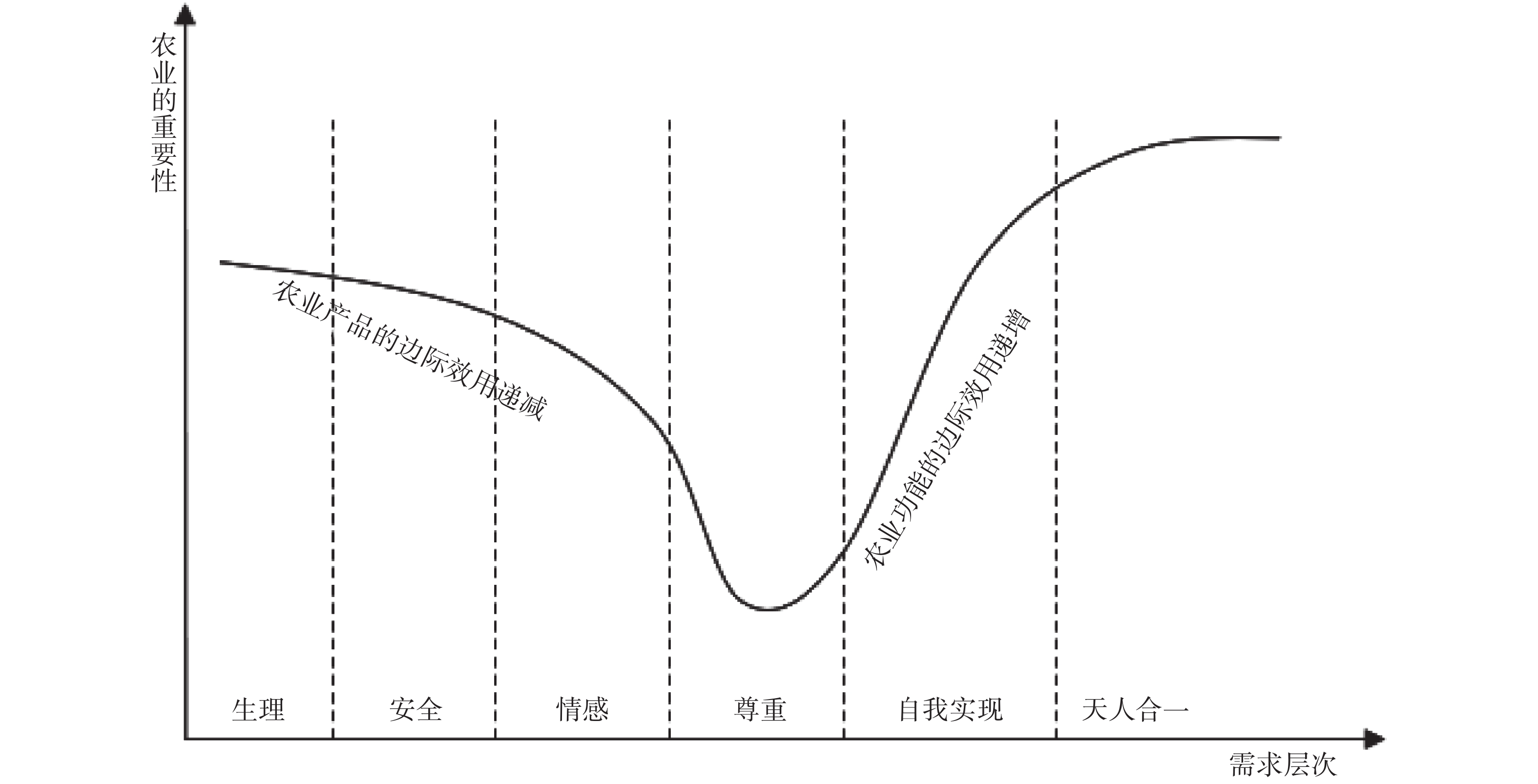Growth, Transformation and Ecological Development
- Available Online: 2021-05-20
Abstract: Both growth theories and development theories emphasize the minimization of material scarcity and the maximization of economic wealth. Economics, especially the mainstream development economics, has long been considered as an economics rooted in satisfying material desires, maximizing outputs and pursuing economic growth. Similarly, agricultural economic growth represents the level of agricultural productivity and the level of agricultural modernization. From the perspective of human biological nature and the logic of agricultural life, continually pursuing agricultural industrialization and its economic efficiency after the survival dilemma has been solved goes against the essence of human nature. Therefore, the new development economics should build an analytical framework based on human well-being and happiness. Further, agricultural development needs to transform from economic functions to ecological and social functions. Considering the publicity and externality of agricultural “ecological products”, more attentions should be paid to the fields of market-oriented transaction of agricultural function, the institutional structure of transaction and its market design.




 沪公网安备 31010102003103号
沪公网安备 31010102003103号 DownLoad:
DownLoad: